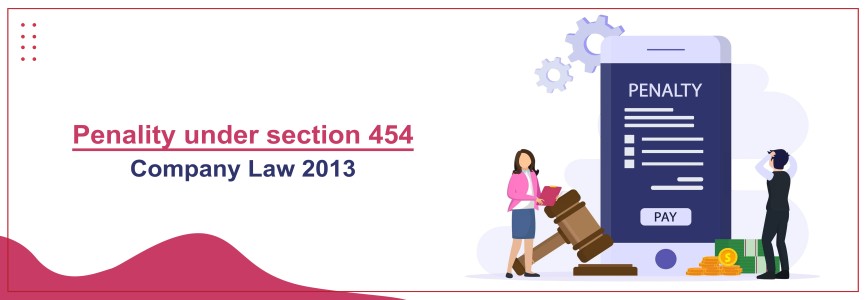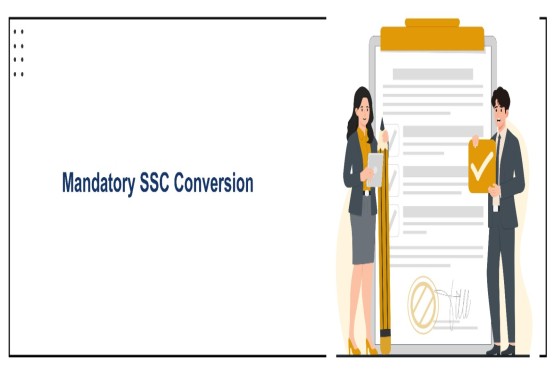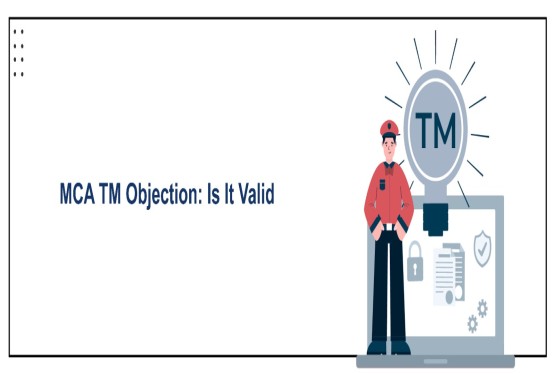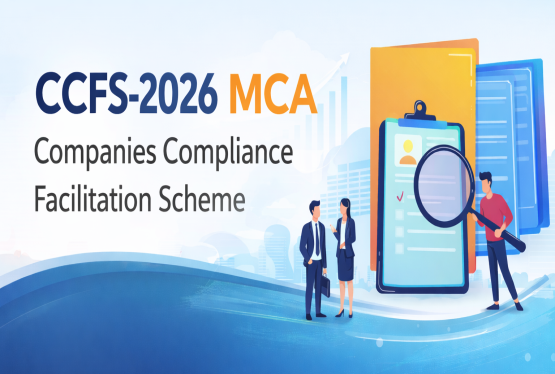Failure to Maintain Statutory Registers (Section 170)
The present adjudication order was passed by the Registrar of Companies, Chennai, under the Ministry of Corporate Affairs, Government of India, on 15th July 2025 through Order ID PO/ADJ/05-2025/CN/00353. The order was issued under Section 454 of the Companies Act, 2013, read with the Companies (Adjudication of Penalties) Rules, 2014, and it concerned the violation of Section 172 of the Companies Act, 2013. The matter related to Sonu Infraprojects and Builders Private Limited, a company incorporated under the Companies Act with its registered office in Chennai, Tamil Nadu. The company and its directors were charged with failure to comply with Section 170 of the Act, which mandates the maintenance of a register of its directors and key managerial personnel along with details of securities held by them. The adjudicating officer, duly empowered by the MCA, examined the default and passed an ex-parte order imposing penalties on the company and its directors.
Facts and Background of the Case
Sonu Infraprojects and Builders Private Limited came under investigation pursuant to Section 210 of the Companies Act, 2013. The investigation report clearly established that the company failed to maintain the mandatory register containing particulars of its directors and key managerial personnel, including details of securities held by them in the company or its group entities. This amounted to a violation of Section 170 of the Act. The directors involved in the case were Adilakshmi Kancherla, Potlapally Lakshmi Sailaja, and Narasinga Pakeeraiah. Since Section 170 does not provide for a specific penalty, the company and its directors became liable under Section 172 of the Companies Act, 2013.
Following the investigation, the Ministry of Corporate Affairs directed penal proceedings against the company and its directors. The Registrar of Companies issued notices for e-adjudication on 20th February 2025, but no reply was received from the company or its officers. A second notice dated 18th March 2025 fixed the date of hearing for 20th March 2025. Despite this, neither the directors nor their representatives attended. In accordance with Rule 3(8) of the Companies (Adjudication of Penalties) Rules, 2014, the ROC proceeded with the matter ex-parte due to non-appearance.
Issues
-
Whether the company failed to comply with Section 170 of the Companies Act, 2013, by not maintaining the prescribed register of directors and key managerial personnel,
-
Whether such non-compliance attracted the general penalty provisions under Section 172 of the Act.
-
Wwhether the directors could be held personally liable as officers in default.
-
What penalties and rectification measures should be imposed by the adjudicating officer under Section 454 of the Companies Act, 2013.
Rules and Legal Provisions
-
Section 170 of the Companies Act 2013: This section requires every company to maintain a register of directors and key managerial personnel, including details of securities held by them in the company or its related entities.
-
Section 172 of the Companies Act 2013: Section 172 provides that if a company is in default in complying with any of the provisions of this chapter and no specific punishment is provided, then the company and every officer in default shall be liable to a penalty of fifty thousand rupees, and in case of continuing default, a further penalty of five hundred rupees for each day during which the failure continues, subject to a maximum of three lakh rupees in case of a company and one lakh rupees in case of an officer.
-
Section 210 of the Companies Act 2013: Section 210 empowers the Central Government to order investigations into the affairs of a company.
-
Section 454 of the Companies Act 2013: Section 454 provides the mechanism for adjudication of penalties by appointed officers. Rule 3(8) of the Companies (Adjudication of Penalties) Rules, 2014 allows the adjudicating authority to proceed ex-parte if the notices fail to appear.
Analysis
The obligation to maintain a register of directors and key managerial personnel is a fundamental requirement that ensures transparency in corporate management. It allows regulators, investors, and stakeholders to know the individuals responsible for the company’s affairs and their financial interests. The investigation confirmed that Sonu Infraprojects and Builders Private Limited failed to comply with this statutory requirement. The company was given adequate opportunities to rectify or explain its failure through notices and hearings, yet it chose not to cooperate. The non-appearance of the company and its directors at the hearing showed deliberate negligence, which compelled the ROC to decide the matter ex-parte.
As per Section 172, the failure to maintain the register attracts penalties. Considering the gravity of the violation and the lack of cooperation, the adjudicating officer imposed the maximum permissible penalties. The company was penalized with a fine of three lakh rupees, while each of the directors Adilakshmi Kancherla, Potlapally Lakshmi Sailaja, and Narasinga Pakeeraiah were individually fined one lakh rupees. Further, the order directed the company and its directors to rectify the default by filing the prescribed register within ninety days. Importantly, the directors were instructed to pay the penalties from their personal income and not from company funds, thereby upholding the principle of personal accountability. The order also provided the right of appeal before the Regional Director, Chennai, within sixty days, thereby preserving natural justice.
Judgement
The Registrar of Companies, Chennai, held that Sonu Infraprojects and Builders Private Limited failed to comply with Section 170 of the Companies Act, 2013, and was therefore liable under Section 172. The company was fined three lakh rupees, while each director was fined one lakh rupees. The company was ordered to rectify the default within ninety days. Penalties were required to be paid through the e-adjudication portal of the MCA, and directors were required to bear the penalty personally. The order also allowed the company and its directors to appeal before the Regional Director within sixty days of receiving the order.
Final Note of the Article
The adjudication order against Sonu Infraprojects and Builders Private Limited demonstrates the seriousness with which corporate law compliance is enforced in India. The failure to maintain a statutory register under Section 170 of the Companies Act, 2013, coupled with non-cooperation during proceedings, resulted in the imposition of the maximum penalties under Section 172. The order ensures both punishment and corrective compliance by directing rectification within ninety days. It reaffirms that statutory registers play a vital role in ensuring transparency and accountability in corporate governance. For companies and directors, this order stands as a clear warning that even procedural lapses can attract heavy financial consequences and personal liability. Ultimately, the order strengthens the culture of corporate compliance and upholds the principle that effective governance begins with strict adherence to statutory obligations.











































































_crop10_thumb.jpg)


































































_crop10_thumb.jpg)
_crop10_thumb.jpg)



_crop10_thumb.jpg)


_crop10_thumb.jpg)





_crop10_thumb.jpg)

_crop10_thumb.jpg)














-suratgujarat-section-158_crop10_thumb.jpg)
-suratgujarat_crop10_thumb.jpg)
-(33)_crop10_thumb.jpg)



-ahmedabad_crop10_thumb.jpg)
-learn_crop10_thumb.jpg)

-learnn_crop10_thumb.jpg)



























































_crop10_thumb.jpg)























_Guidelines_learn_crop10_thumb.jpg)























_learn_crop10_thumb.jpg)
_crop10_thumb.jpeg)










_crop10_thumb.jpg)




_Second_Amendment_Rules,_2025_learn_crop10_thumb.jpg)







_learn_crop10_thumb.jpg)












































_learn_crop10_thumb.jpeg)























_learn_crop10_thumb.jpg)



_rd_roc_learn_crop10_thumb.jpg)
















_learn_crop10_thumb.jpg)














_learn_crop10_thumb.jpg)
_Learn_crop10_thumb.jpg)











































_learn_crop10_thumb.jpg)




_learn_crop10_thumb.jpg)













_crop10_thumb.jpeg)




















